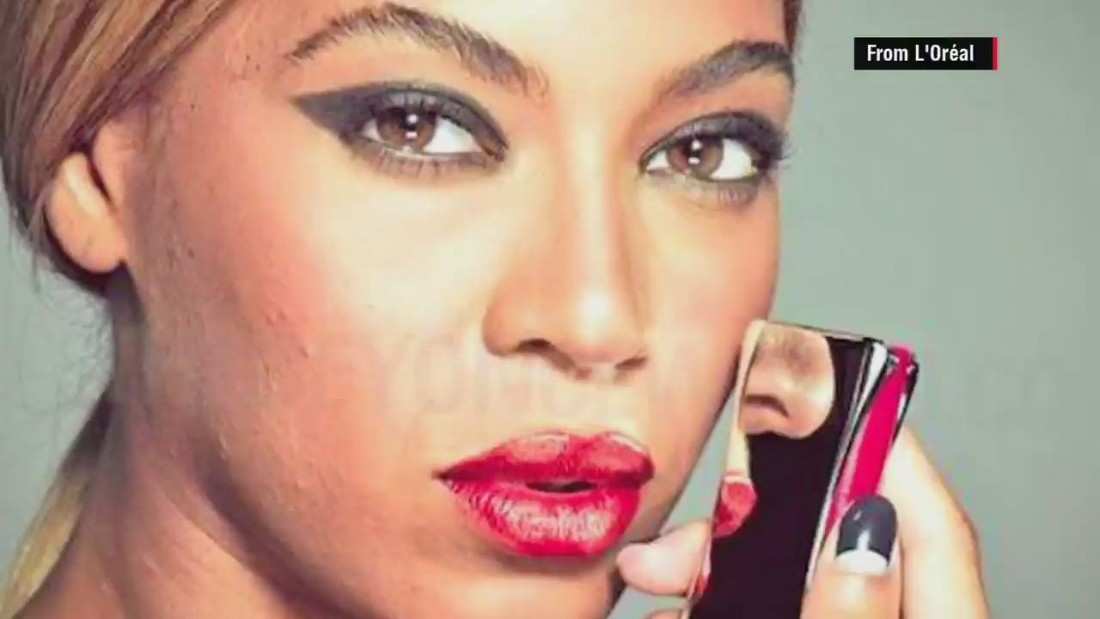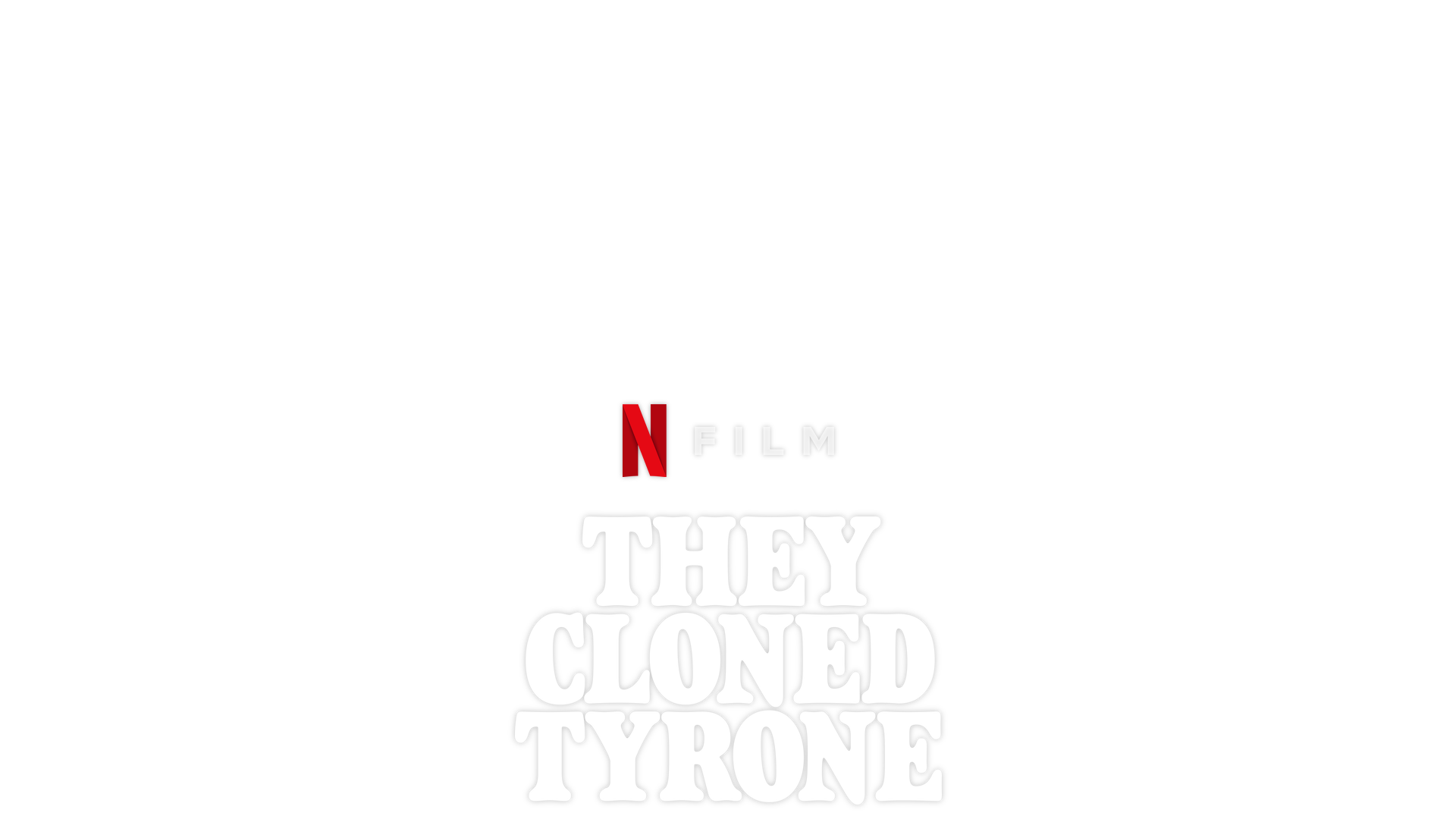Beyoncé cloned has become a topic of fascination for fans, scientists, and tech enthusiasts alike. The idea of cloning one of the most iconic and influential figures in the music industry raises numerous questions about the feasibility, ethics, and potential implications. In this article, we will delve deep into the concept of cloning Beyoncé, exploring the scientific, cultural, and philosophical dimensions of this controversial topic.
The mere thought of cloning a human being, let alone someone as celebrated as Beyoncé, pushes the boundaries of what we consider possible. As advancements in biotechnology continue to evolve, the line between science fiction and reality becomes increasingly blurred. This article aims to provide a comprehensive understanding of the topic, ensuring readers are well-informed about the potential consequences and ethical dilemmas.
Join us as we explore the intricate world of cloning, examining the science behind it, the cultural significance of Beyoncé, and the ethical considerations that arise when discussing such a groundbreaking concept. Whether you're a fan, a scientist, or simply curious, this article will offer valuable insights into the possibilities and challenges of cloning Beyoncé.
Read also:Michael Schoeffling 2024 Exploring The Career Achievements And Future Prospects
Table of Contents
- Introduction to Cloning
- Beyoncé: A Brief Biography
- The Science Behind Cloning
- Ethical Considerations of Cloning
- Cultural Impact of Cloning Beyoncé
- Legal Implications of Human Cloning
- Technological Advancements in Cloning
- Is Beyoncé Cloned a Reality?
- Future Perspectives on Cloning
- Conclusion
Introduction to Cloning
Cloning has been a subject of scientific exploration and ethical debate for decades. From the cloning of Dolly the sheep in 1996 to recent advancements in genetic engineering, the field has seen remarkable progress. However, the idea of cloning humans, particularly someone as influential as Beyoncé, raises significant concerns. This section will provide an overview of cloning technology and its potential applications.
Cloning involves creating an exact genetic replica of an organism. While cloning animals has been successfully achieved, the process remains highly controversial when applied to humans. The ethical, legal, and social implications of human cloning are vast, making it a topic of intense scrutiny. Understanding the basics of cloning is essential to grasp the complexities surrounding the concept of "Beyoncé cloned."
Beyoncé: A Brief Biography
Beyoncé Giselle Knowles-Carter, born on September 4, 1981, in Houston, Texas, is a global superstar renowned for her extraordinary talent, captivating performances, and powerful influence in the entertainment industry. Her journey from a member of Destiny's Child to becoming a solo artist has been nothing short of remarkable.
| Name | Beyoncé Giselle Knowles-Carter |
|---|---|
| Birthdate | September 4, 1981 |
| Birthplace | Houston, Texas, USA |
| Profession | Singer, Songwriter, Actress, Businesswoman |
| Awards | Over 400 awards, including 32 Grammy Awards |
The Science Behind Cloning
Cloning is a complex process that involves the replication of genetic material to create an identical organism. There are several methods of cloning, including reproductive cloning, therapeutic cloning, and DNA cloning. Reproductive cloning, which is the focus of the "Beyoncé cloned" discussion, involves creating a genetically identical organism.
The most common method of reproductive cloning is somatic cell nuclear transfer (SCNT), where the nucleus of a somatic cell is transferred into an enucleated egg cell. This process has been used successfully in animals but remains highly experimental in humans due to ethical and technical challenges.
Ethical Considerations of Cloning
The ethical implications of cloning humans are profound. Questions arise regarding the rights and identity of cloned individuals, the potential for exploitation, and the impact on family dynamics. The concept of "Beyoncé cloned" raises concerns about the commodification of human beings and the potential loss of individuality.
Read also:Kate Upton New Photos A Closer Look At Her Stunning Images And Career Highlights
- Identity and autonomy of cloned individuals
- Potential for exploitation in entertainment and commerce
- Impact on societal norms and values
Cultural Impact of Cloning Beyoncé
Beyoncé's influence extends beyond music, shaping cultural trends and inspiring millions worldwide. The idea of cloning her raises questions about the authenticity of art and the role of celebrities in society. Fans may wonder whether a cloned Beyoncé could replicate her unique artistry and charisma.
Culture plays a crucial role in shaping perceptions of cloning. In a world where celebrity culture dominates, the cloning of a figure like Beyoncé could have far-reaching consequences. It challenges our understanding of fame, talent, and the human experience.
Legal Implications of Human Cloning
Human cloning is illegal in many countries, including the United States. The laws surrounding cloning are designed to protect the rights and dignity of individuals while preventing unethical practices. The concept of "Beyoncé cloned" would require a reevaluation of existing legal frameworks to address the unique challenges posed by human cloning.
International regulations and treaties aim to establish a unified approach to cloning, ensuring that scientific advancements do not compromise human rights. Legal experts and policymakers must work together to create guidelines that balance innovation with ethical responsibility.
Technological Advancements in Cloning
Advancements in biotechnology have brought cloning closer to reality. CRISPR-Cas9, a revolutionary gene-editing tool, has the potential to enhance cloning processes by allowing precise genetic modifications. While these technologies offer exciting possibilities, they also raise concerns about unintended consequences.
Research in cloning continues to evolve, with scientists exploring ways to improve success rates and reduce risks. The integration of artificial intelligence and machine learning in cloning research could further enhance our understanding of genetic replication and its applications.
Is Beyoncé Cloned a Reality?
As of now, the idea of cloning Beyoncé remains firmly in the realm of speculation. While the technology exists to clone animals, cloning humans presents significant challenges. The ethical, legal, and technical hurdles make it unlikely that a cloned Beyoncé will become a reality in the near future.
However, the rapid pace of scientific advancements means that what seems impossible today could become possible tomorrow. It is crucial to approach the concept of cloning with caution, ensuring that progress is guided by ethical principles and respect for human dignity.
Future Perspectives on Cloning
The future of cloning holds both promise and peril. As technology continues to advance, the potential applications of cloning could revolutionize medicine, agriculture, and conservation efforts. However, the ethical considerations must remain at the forefront of any discussions about cloning.
Public awareness and education are essential in shaping the future of cloning. By fostering open dialogue and encouraging responsible innovation, we can ensure that cloning is used for the betterment of humanity rather than its detriment.
Conclusion
In conclusion, the concept of "Beyoncé cloned" highlights the complex interplay between science, ethics, and culture. While cloning technology has made remarkable strides, the ethical and legal challenges surrounding human cloning remain significant. As we continue to explore the possibilities of cloning, it is vital to prioritize ethical considerations and respect for human rights.
We invite you to share your thoughts and engage in discussions about this fascinating topic. Your feedback and insights are invaluable in shaping the future of cloning research. Explore other articles on our site to deepen your understanding of biotechnology and its implications for society.
References:
- National Institutes of Health (NIH) - Cloning Fact Sheet
- World Health Organization (WHO) - Human Cloning
- United Nations Educational, Scientific and Cultural Organization (UNESCO) - Universal Declaration on Bioethics and Human Rights


